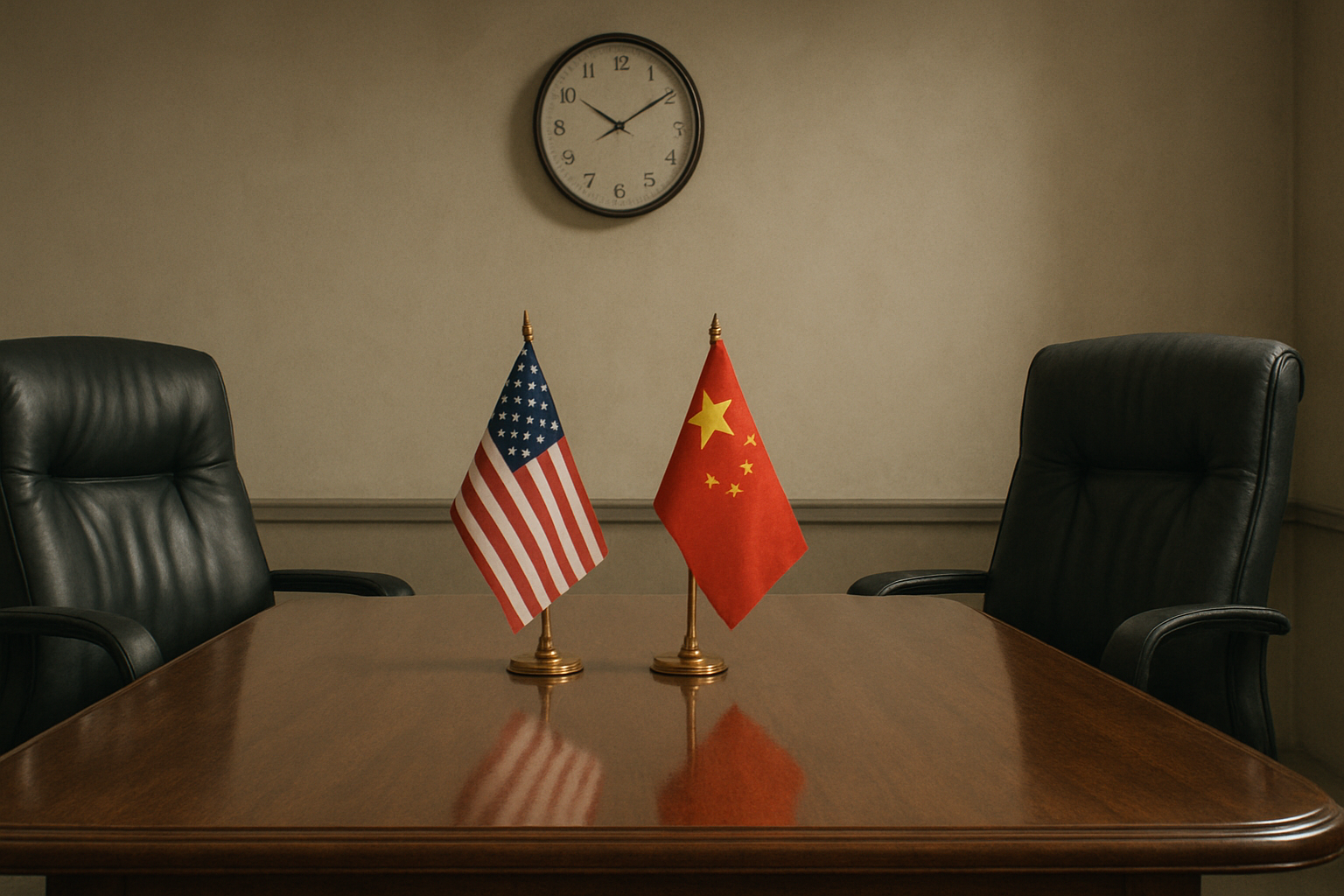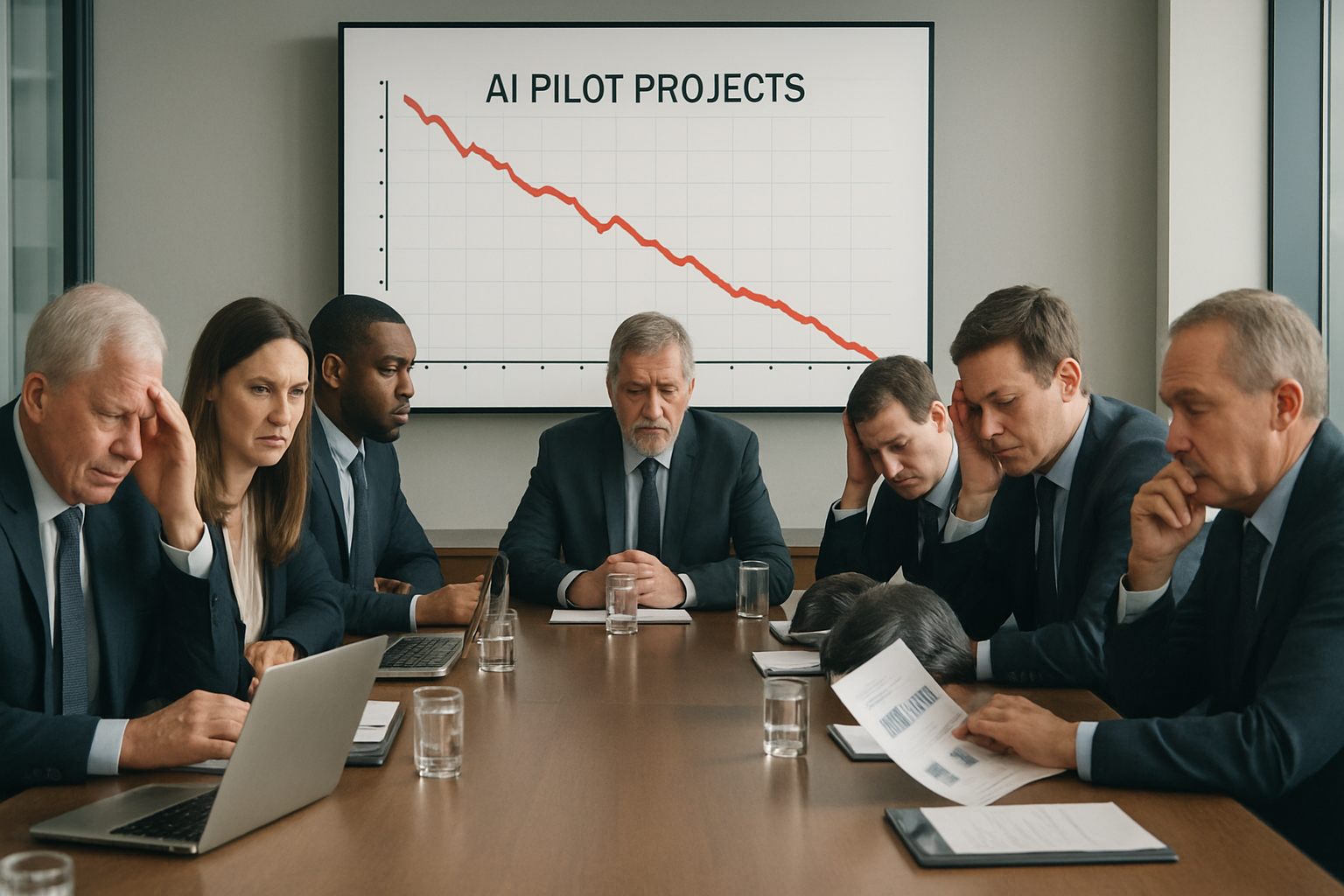No pause. No breakthrough. No real movement at all.
The latest round of high-stakes US-China trade talks wrapped up yesterday with precisely nothing to show for it—at least nothing visible to those of us watching from the sidelines. What many market watchers had cautiously hoped might yield a tariff pause instead produced only continued uncertainty, with officials now saying former President Trump will make "the final call" on whether any relief is coming.
I've covered these bilateral economic dances since the first Trump administration, and there's something eerily familiar about this particular non-development. It's the diplomatic equivalent of a shrug.
The talks themselves brought together senior officials from Washington and Beijing—serious people with serious portfolios—yet resulted in that most frustrating of outcomes: more waiting.
For businesses caught in the crossfire of this economic cold war (and make no mistake, that's increasingly what this resembles), the continued ambiguity means yet another quarter of hedging strategies and contingency planning. Supply chain executives I've spoken with describe a perpetual game of "what-if" that has become exhausting.
What's particularly telling here is the political choreography at work. By deferring to Trump for the "final call," the current administration has executed a rather clever bit of responsibility-shifting. They've essentially handed both the decision and its political consequences—good or bad—to the former president.
Why do this? Well, it acknowledges Trump's continued influence over trade policy, particularly with his core supporters who embraced his tough-on-China stance. It's politics all the way down, folks.
Markets barely blinked at the non-news, which tells its own story. The persistent uncertainty of US-China trade relations has become—and this is somewhat remarkable—background noise. Companies with significant exposure have already adapted: diversifying suppliers, building redundancies, or simply passing costs along to consumers wherever possible.
Look, we're not just watching trade negotiations anymore. This is fundamental economic realignment happening in slow motion. What started as arguments over specific trade practices has morphed into strategic decoupling in key sectors—especially those touching national security concerns.
The one question investors keep asking (and I've heard it repeatedly in recent weeks): How much of this mess is already priced in? The muted market reaction suggests most of it is. We've collectively developed immunity to the trade tension narrative; it would take something truly shocking to generate significant volatility now.
As we await Trump's decision (and no timeline has been offered, naturally), it's worth noting that sometimes the most important diplomatic signal is silence itself. The status quo—continuing without change—speaks volumes about the current state of US-China relations.
The game of economic chicken continues. Who'll blink first? History suggests... neither side.




